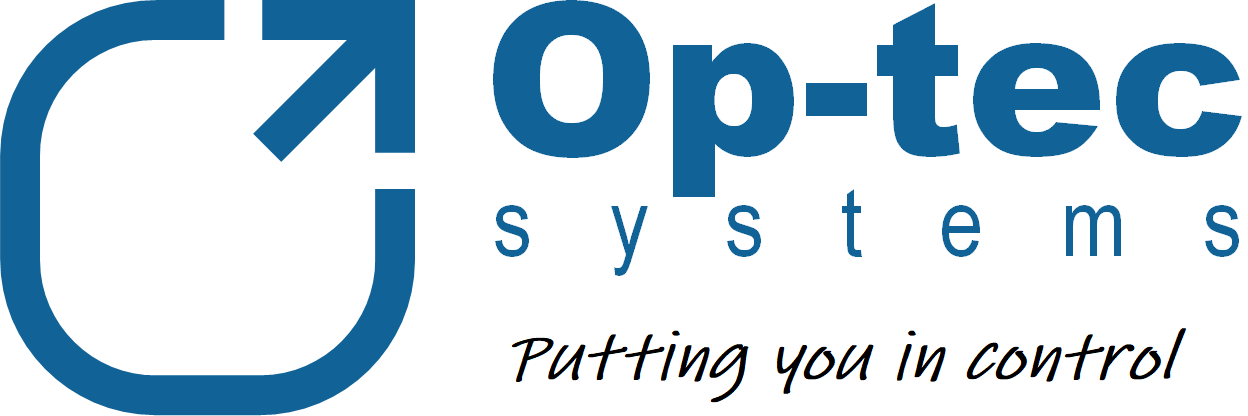At Op-tec we've always been passionate about using open technology. We believe basing your control architecture on open technology gives numerous benefits, and makes keeping pace with technological developments easier and cheaper. In this post I'll be explaining what is meant by open technology, and begin to discuss how you make the most of it.
First off, I'm not suggesting open source software for industrial automation. Certainly if you follow the path of 'openness' far enough you may end up considering one of the many open source SCADA packages available. However the ease of use, availability of support, and known lifecycle of solutions developed by established vendors is generally worth paying for.
- and yes, I know Tux represents Linux and not open source software generally, but it's a cute thumbnail
By open technology, I mean equipment compatible with communications protocols based on open standards. Open standards are publicly available and so supported by a large number of vendors. Examples include OPC UA, CAN bus, PROFINET and Modbus, there are many more.

Rogeriofox [CC BY-SA 4.0], via Wikimedia Commons
For decades many industry sectors were tied into proprietary DCS solutions. These had advantages: stability, reliability, and a known lifecycle; providing robust control over large complex processes. Nearly all DCS products offered similar functionality and capabilities, however due to the closed nature of the technology end users had to return to the original vendor for subsequent upgrades and modifications. The alternative was to "rip and replace", a huge endeavour requiring significant cost and disruption.
With the development of PLC and SCADA technologies and widespread use of Ethernet-based networks, much, if not all the functionality of a DCS can be provided with equipment from a variety of vendors. An approach using open technology and standardised communication conventions removes reliance on a single vendor, allowing purchasing decisions to be more strategic or on a purely commercial basis.
A mix and match approach won't be best for everyone. Some will prefer a single supplier to provide one point of contact for accountability reasons. Others will see benefit in reducing the number of spares needed or breadth of expertise required in the maintenance team. In any case I would encourage you to specify open technology where practical, to retain the option of changing supplier without needing to rip and replace.
Bear in mind that it is highly likely you have a mix of technology already, for example packaged equipment containing PLCs or reporting packages gathering plant data. How integrated are these systems with the main DCS/SCADA?
